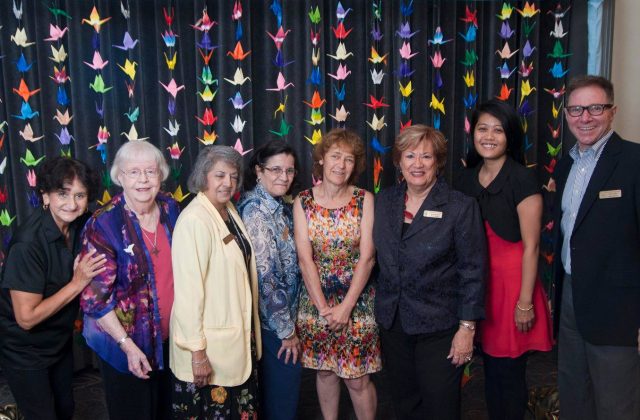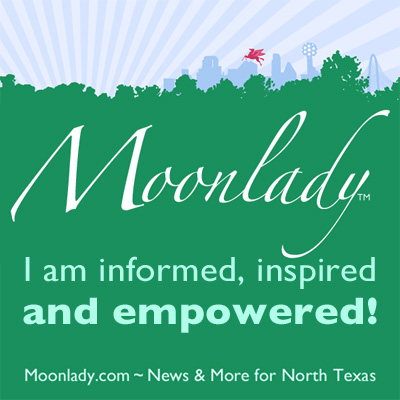John Lennon: 40 Years Later
John Lennon, as pictured in an advertisement for Imagine from Billboard, 18 September 1971. Peter Fordham
by Amy Martin
Death hurts not the victim but those who remain behind. It is the spaces in life that ache. How ironic John Lennon once sang “Come together over me.”

With the Beatles, Lennon led a generation through a journey of their cultural changes. In the beginning there was the exuberant freedom of Revolver, humorously upsetting the status quo. Then Magical Mystery Tour and Sgt. Pepper’s Lonely Hearts Club Band arrived, bringing the hazy psychedelic era to the public eye.
As the ’60s unfolded, the Vietnam War escalated and along with it the tensions and frustrations of a draft-age generation. There was violence, bombings, marches in the streets. America was in turmoil, divergent cultures clashing in opposition. But out of the din came Lennon’s voice from “Revolution” on the White Album: “If you talk about destruction you can count me out.”
The opiated apathy of Abbey Road, with its amalgamation of musical styles, foretold the disbanding of the Beatles but not of Lennon’s music. Soon after the breakup, he joined with Yoko Ono to create “Give Peace a Chance” and in the winter of 1972, “Happy Christmas, War is Over.” The ’60s decade finally staggered to a tired, belated end.

Lennon’s personal voyage continued though the 70s with a variety of albums such as the Plastic Ono Band. Then came Imagine with its messages condemning hypocrisy and the abuse of power. Yet underneath the disfavor was a plea for peace: “You may say I’m a dreamer, but I’m not the only one. I hope someday you’ll join us and the world will live as one.”
That cold Monday night in December were as one, united in shock and sadness. Millions stopped their entertainment and mourned a silenced voice.
While John F. Kennedy’s death was the dawn of the 60s, Lennon’s death was the beginning of the 80s, a downward spiral of self-absorption and greed. But in his remembrance 40 years later, amid rising social and environmental awareness, there is a fierce pride in remembering those ideals he cherished, values years later we so desperately need. There is a sense of hope and patience, that change takes time — and sacrifice.
The Sunday following his death, his widow asked only for silence. At 1 o’clock that afternoon it was eerily quiet when the radio signed off for ten minutes. In my backyard, there was only the sound of invisible wind. Like so many others, I cried out of empathy for his family and the selfish pain of loss. Then I prayed: may this pioneer of dreams become a part of the human spirit he so richly embellished and positively changed, and so at least find peace.
Originally written in 1980.



